Summaries of books about Social Theory:

21 Lessons for the 21st Century
'Truly mind-expanding... Ultra-topical' Guardian
Yuval Noah Harari
The book explores the most urgent issues of the modern world, including technological disruption, political upheaval, and existential threats, offering insights into how society can navigate these challenges. It delves into topics such as the future of work, the role of nationalism, religion, and education, and the potential impact of artificial intelligence and biotechnology on human life.
See full summary
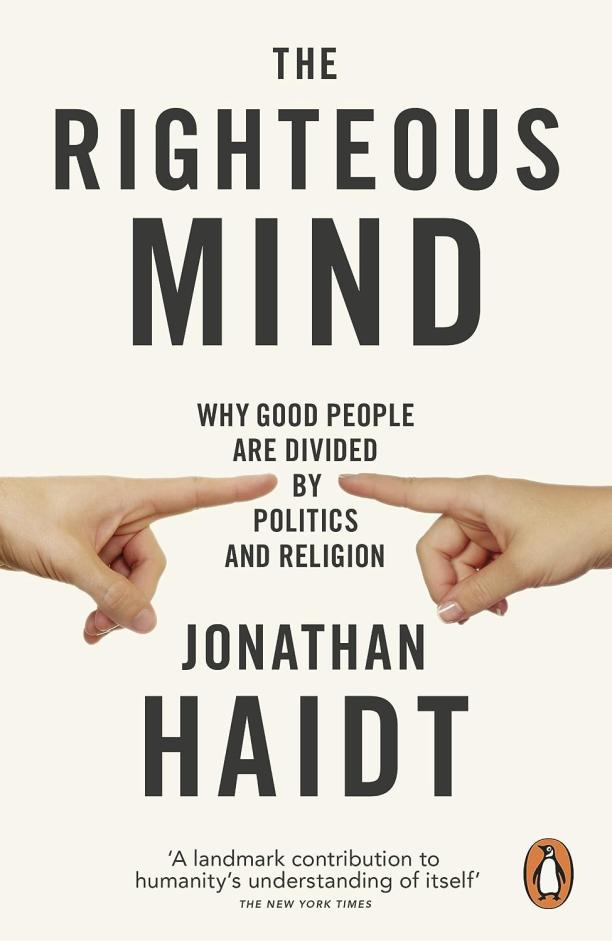
The Righteous Mind
Why Good People are Divided by Politics and Religion
Jonathan Haidt
The book explores the psychological underpinnings of morality, arguing that humans are inherently intuitive rather than rational beings when it comes to moral decisions. It delves into the moral foundations that underlie differing political and religious viewpoints, suggesting that understanding these can help bridge cultural and ideological divides.
See full summary
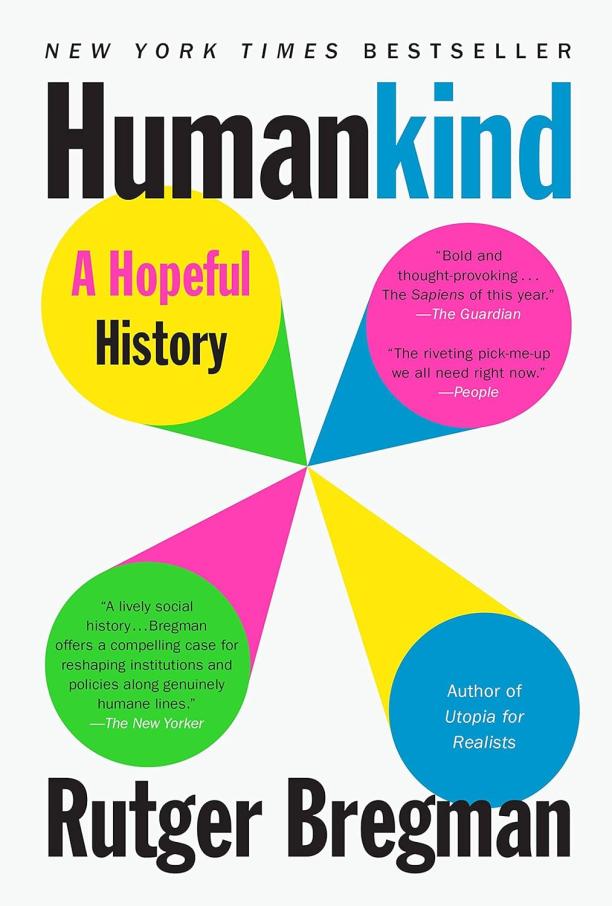
Humankind
A Hopeful History
Rutger Bregman
The book challenges the notion that humans are inherently selfish and instead presents the argument that people are fundamentally good, with historical and contemporary examples to support this optimistic view of human nature. It explores how this perspective could reshape our understanding of society, politics, and economics, advocating for trust in humanity as a foundation for progress and cooperation.
See full summary
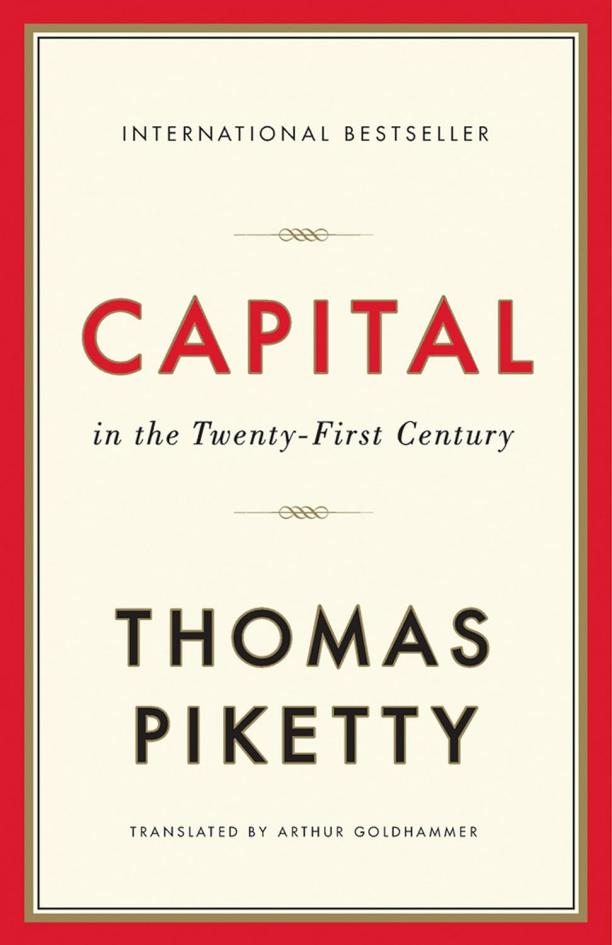
Capital in the Twenty-First Century
Thomas Piketty
The book analyzes a collection of data from 20 countries, ranging as far back as the 18th century, to uncover key economic and social patterns. It argues that the rate of capital return in developed countries is persistently greater than the rate of economic growth, which leads to wealth inequality that exacerbates over time without policy intervention.
See full summary
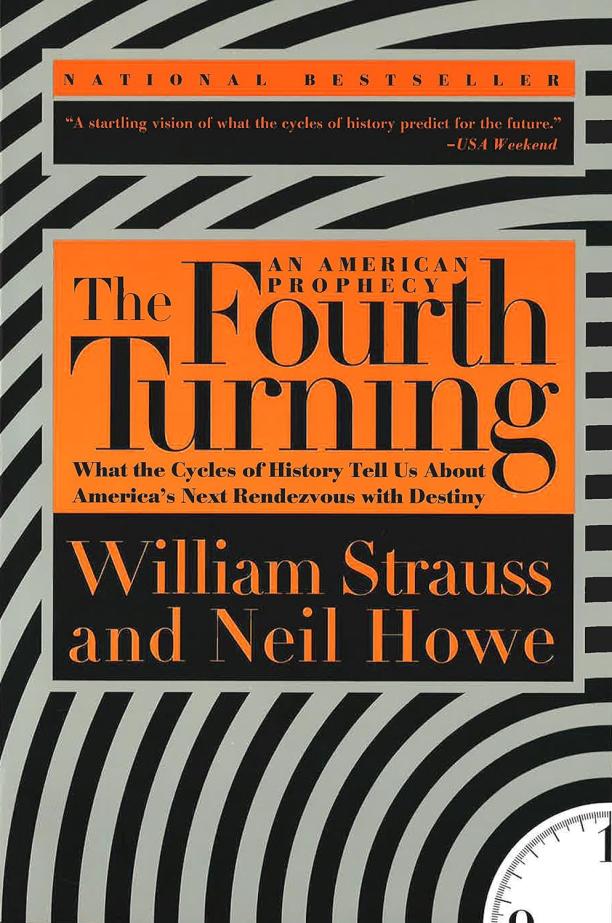
The Fourth Turning
What the Cycles of History Tell Us About America's Next Rendezvous with Destiny
William Strauss|Neil Howe
The book presents a theory that history is marked by a recurring cycle of four "turnings," each lasting about 20 years, which correspond to generational archetypes and societal moods. It predicts that a crisis or "fourth turning" is imminent, which will reshape the social and political order.
See full summary
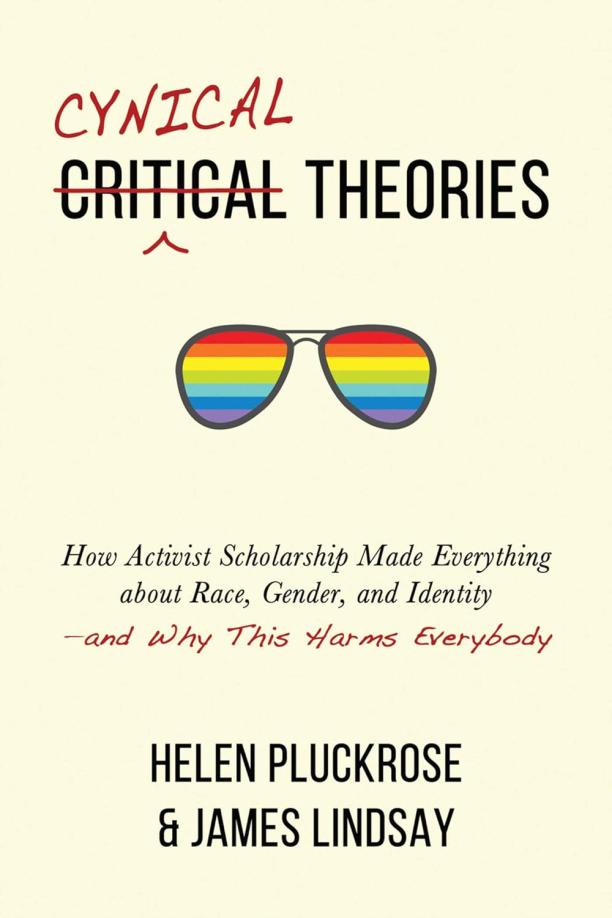
Cynical Theories
How Activist Scholarship Made Everything about Race, Gender, and Identity—and Why This Harms Everybody
Helen Pluckrose|James A. Lindsay
The book critiques the evolution of postmodern thought into what the authors term "applied postmodernism," particularly within academic fields related to identity such as critical race theory and gender studies. It argues that this shift towards a focus on language, power, and social constructs has led to an increase in identity-based politics and division, which the authors believe undermines objective truth and liberal democratic values.
See full summary
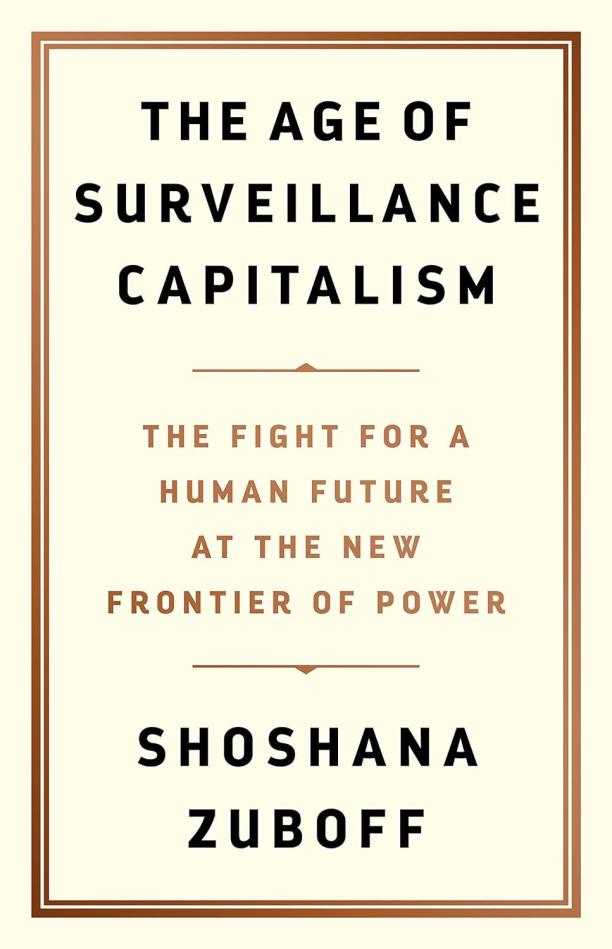
The Age of Surveillance Capitalism
The Fight for a Human Future at the New Frontier of Power
Shoshana Zuboff
The book delves into the emergence of surveillance capitalism, a new economic system that exploits personal data for profit, often without consent. It examines the ways in which tech companies, particularly those like Google and Facebook, harvest user information to shape behavior, manipulate markets, and influence democracy, posing a threat to individual autonomy and societal values.
See full summary
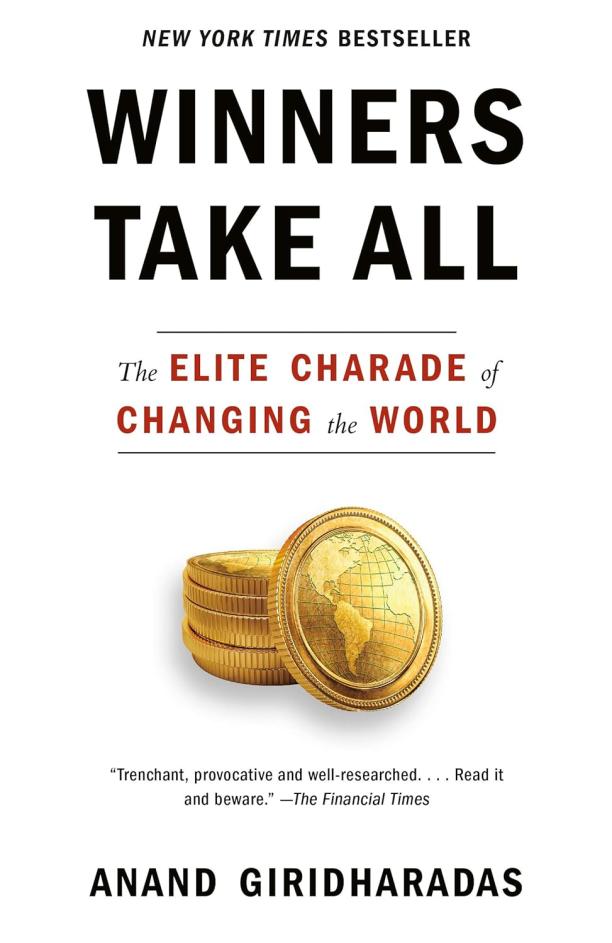
Winners Take All
The Elite Charade of Changing the World
Anand Giridharadas
The book critically examines how global elites and philanthropists often perpetuate the very systems of inequality they claim to be solving through their charitable acts. It argues that their efforts serve to maintain the status quo and their own power, rather than bringing about meaningful social change.
See full summary
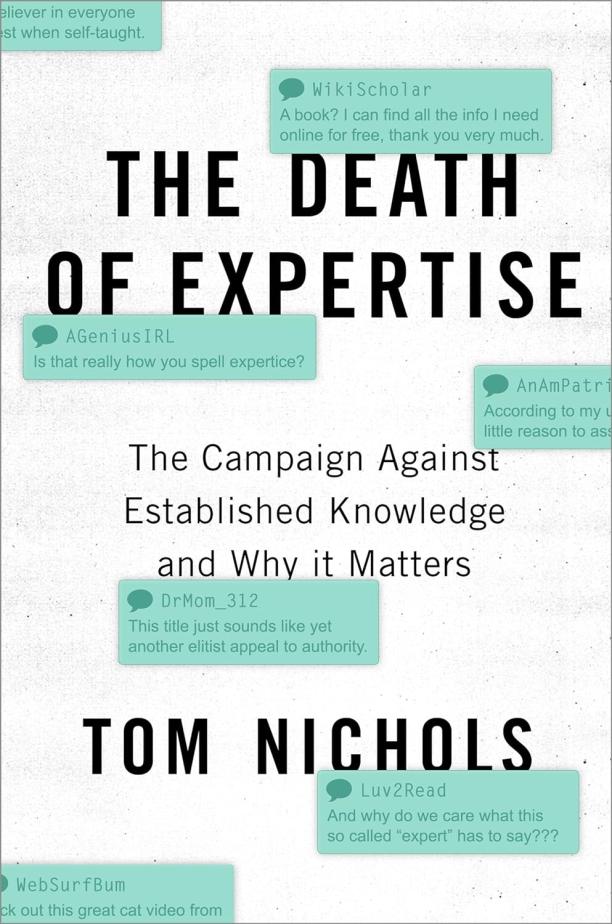
The Death of Expertise
The Campaign against Established Knowledge and Why it Matters
Tom Nichols
The book argues that the democratization of information through the internet has led to a widespread dismissal of expert opinion and a growing distrust in professionals across various fields. It explores the consequences of this trend, emphasizing the importance of respecting expertise for a functional society.
See full summary
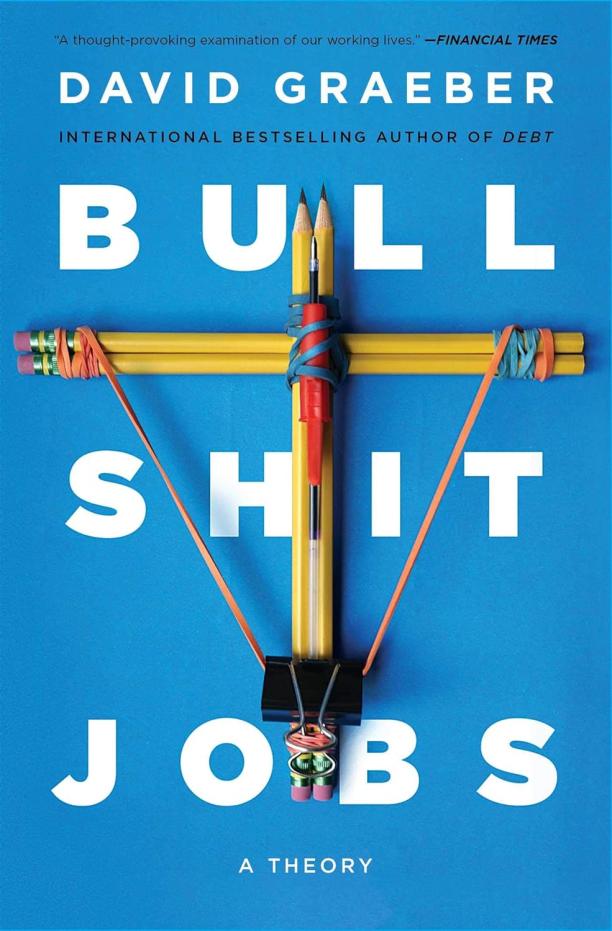
Bullshit Jobs
A Theory
David Graeber
The book argues that a significant portion of modern work is meaningless, contributing little to society, and that these jobs exist for the sake of maintaining economic and political systems. It explores the psychological and social harm caused by such jobs and suggests that this trend undermines human potential and happiness.
See full summary